Wastewater from our factory in Pawtucket, RI is discharged to the sewer system which leads to the Narragansett Bay Commission’s (NBC) wastewater treatment facility (WWTF) in East Providence, located along the Seekonk River. The NBC regulates our factory’s discharges through a wastewater discharge permit. Compliance with our permit helps to ensure that the wastewater received at the WWTF does not adversely affect the wastewater treatment processes..
The Commission’s website starts, “With over 400 miles of coastline, it’s difficult to imagine any Rhode Islander left unaffected by the Bay’s benefits. The Bay provides not only aesthetic joys and recreational enrichment, but also an influx of revenues that contributes to the fiscal well-being of our state.”
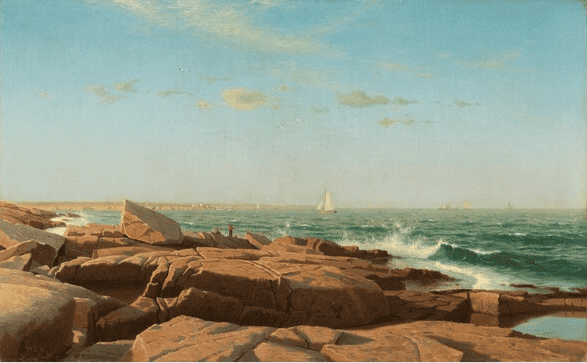
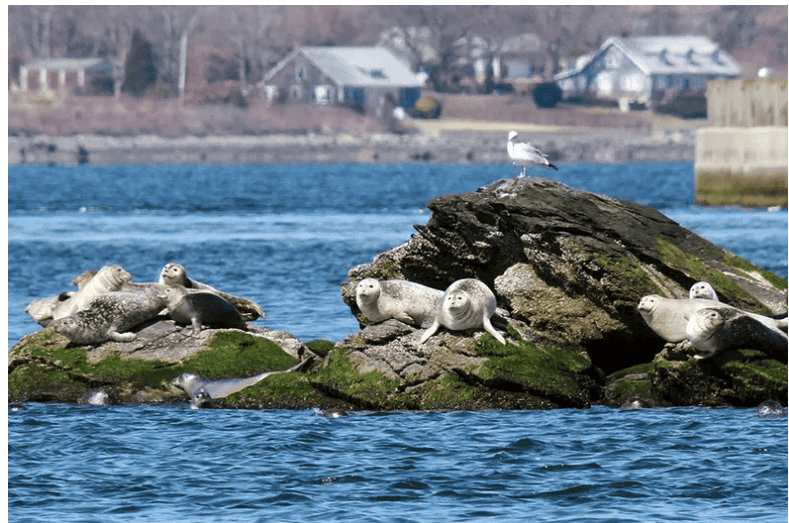
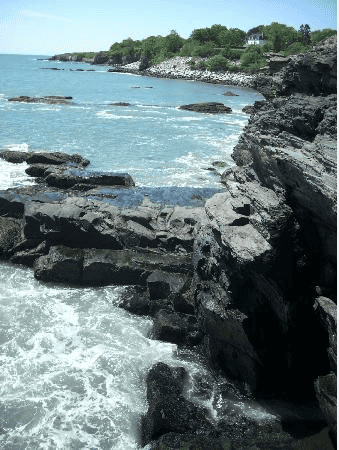
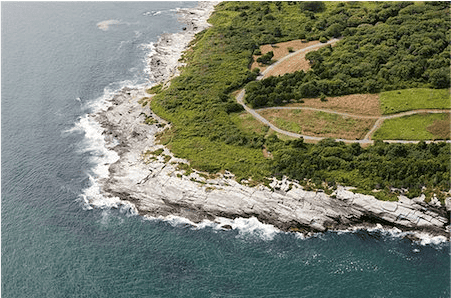
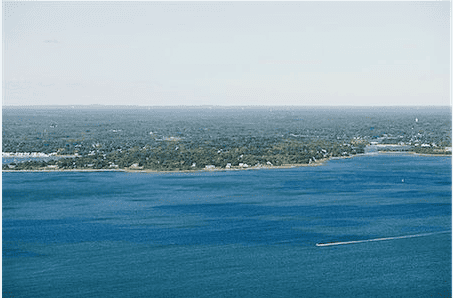
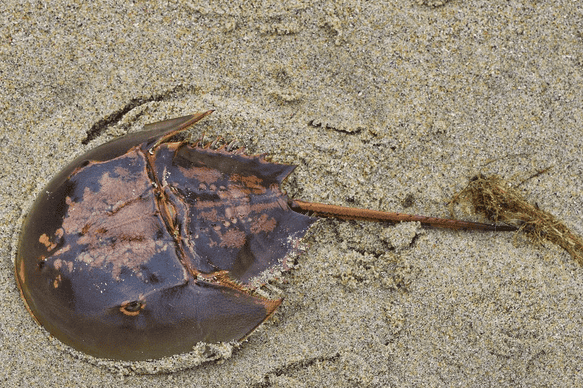
The NBC’s Regulations ensure the wastewater treatment facility functions properly so that rivers and Narraganset Bay are clean and can be enjoyed by all. The regulations are for the good of everyone, and in that way, the NBC is an ally, and should not be seen as an adversary. The textile industry in the USA started right here in Pawtucket, RI with Slater Mill. Unfortunately, as the textile industry grew and thrived, the concentrations of pollutants such as heavy metals and cyanide increased in the upper bay. Without regulation, we would be back to those days when Narragansett Bay and so many waterways around this country were extremely polluted, like cesspools. A polluted waterway is not only NOT a thing of beauty, but the pollution kills fishing, tourism, and affects the health of all around the Bay. Most people care about boating, walks on the beach, swimming in the summer, bird watching or fishing. If you care about those things, you have to also care about the Bay. However, even if not drawn to those pursuits, the Bay is the engine of a big part of the economy here in Rhode Island. Tourists don’t come to Newport and eat dinner and buy a souvenir T-shirt if the Bay is polluted
The NBC has reversed old trends and ensures that the waters of the State of Rhode Island are clean and enjoyable for all. When my company moved to Rhode Island 24 years ago, NBC staff contacted me to inspect my facility to determine the processes being performed and what wastewater, if any, was being discharged to the sewer system. At the time, we were developing film and screen printing and a big risk involved the silver that was part of the photo process which is toxic to aquatic life and the wastewater from the screen printing process could have high concentrations of heavy metals such as cadmium, chromium and copper that could be components of pigments and dyes. As part of a plan to dispose of the photograph chemicals outside of the wastewater system, we installed reclaim systems to minimize the concentrations of pollutants in our waste stream. Our screen and reclaim systems were all tied together and that was the other concern. We started looking at the MSDSs (material safety data sheets) which all manufacturers must provide to tell you what chemicals you are dealing with. Since then almost all screen print facilities have eliminated the need for chemical photographic film, but that was the concern at the time.
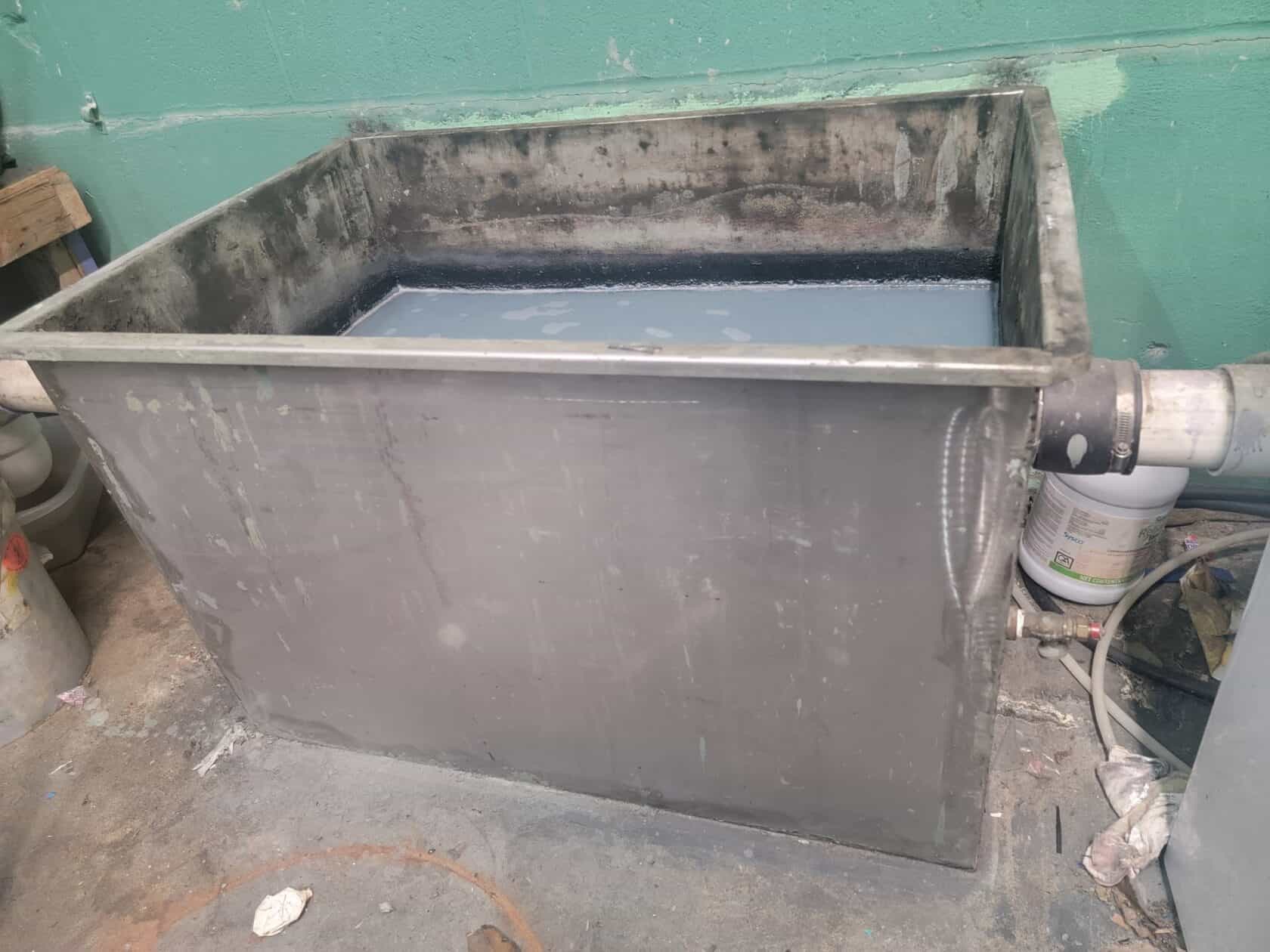
On a monthly basis, then when everything tested properly, at a quarterly basis we would send waste water samples to a testing lab and then the results to the Narragansett Bay Commission. This all is an easy and inexpensive process.
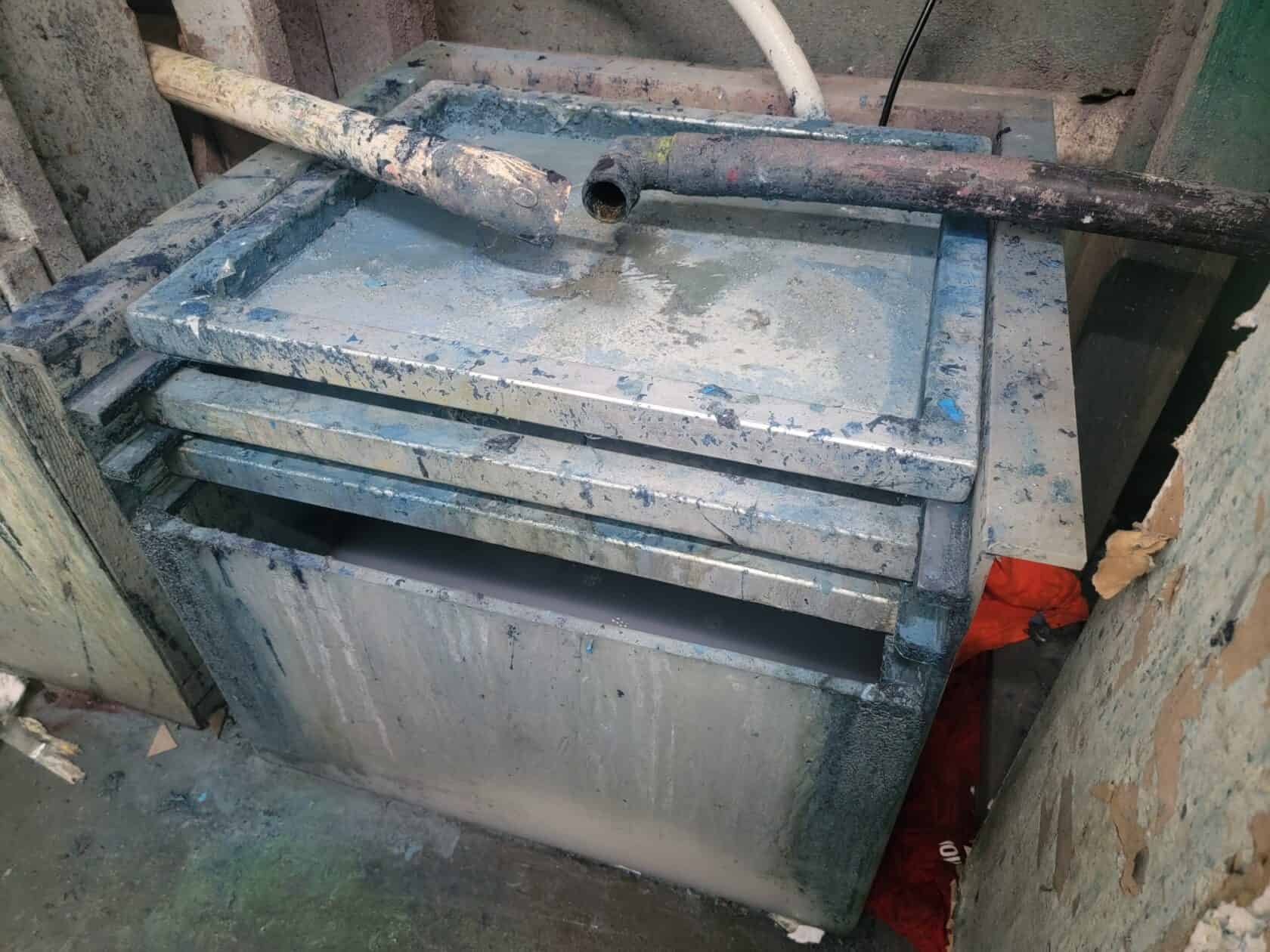
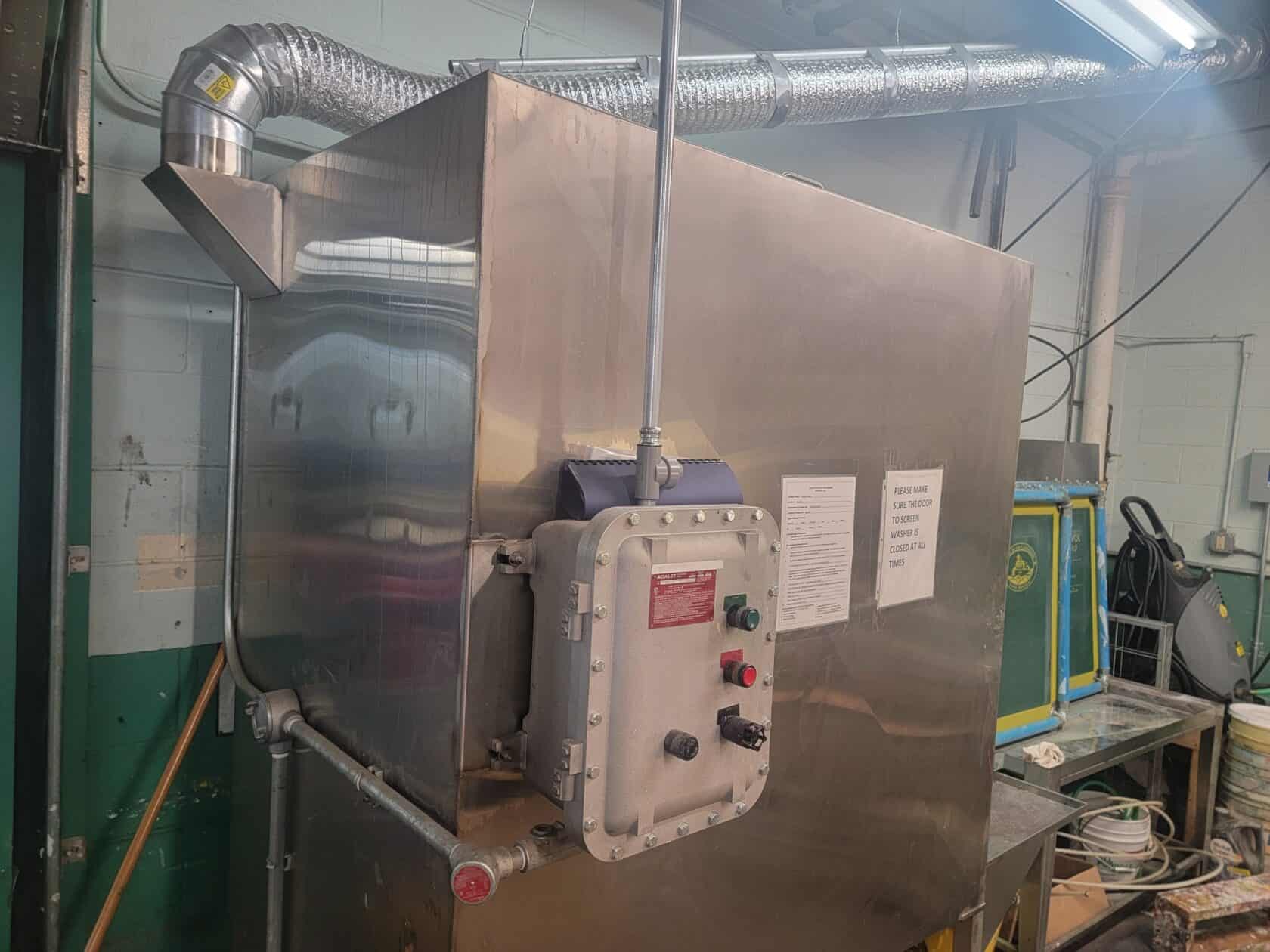
The NBC issued our first permit in January 2000. The permit requires that we sample our wastewater on a quarterly basis. The samples that are collected are analyzed by a certified laboratory. The results are then sent to the NBC within 30 days. It is an easy and inexpensive process. I am happy to say that over these past 24 years, my company has been in compliance with the NBC discharge limits. I want to stress that it is important that the results are submitted to the NBC in a timely manner. This allows the NBC to determine the quantity of pollutants that it receives from industrial sources and adjust treatment if necessary. Complying with our permit is easy and is good for the environment.
Follow your regulations. Work with your water district agency. Our lives and well-being depend on it and it just isn’t that hard.
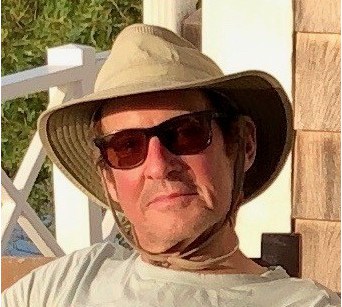
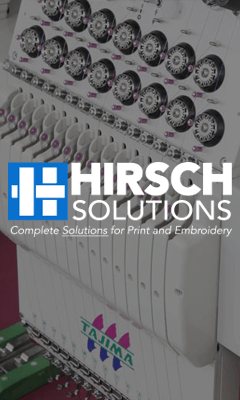

Comments